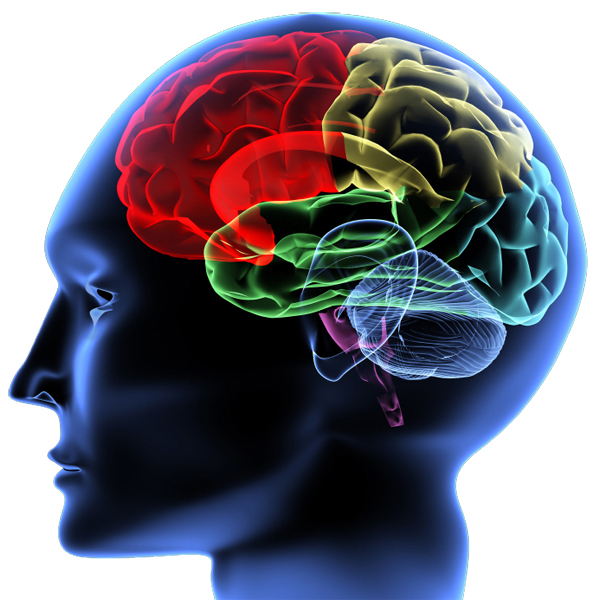Basal Ganglionic & Cerebellar Dysfunction in Musculoskeletal and Movement Disorders
1-day Online Seminar (7.5 hours of CPD)
Altered functional output of the motor system can be detected in nearly all patients who present with musculoskeletal pain syndromes. Accurate modulation and fine control of motor programmes is pre-requisite for the appropriate stabilisation of joints, for making quick and efficient postural corrections and other movement adaptations, as well as creating precisely timed and well co-ordinated sequences of muscle contractions and relaxations.
This seminar will review the primary brain structures involved in motor modulation, i.e. the basal ganglia and cerebellum, and discuss in clinical context how they can contribute to musculoskeletal and movement disorders. Practical assessment and treatment strategies to address problems with motor modulation, coordination and timing will be explored in detail and related to clinical cases.

The seminar will be interactive, and participants will be able to and encouraged to ask questions throughout.
A comprehensive set of course notes will be emailed to you in advance of the seminar.
Video demonstrations of examination techniques and rehabilitation exercises will help you to learn the practical skills.
These videos will demonstrate normal and abnormal findings, and will be made available to you after the seminar.
Course Content:
- Comprehensive review of the functional roles of the basal ganglia and cerebellum within the motor system.
- The concept of surround inhibition for fine motor control.
- Neurological wind-up as a consequence of basal ganglionic and cerebellar cortex dysfunction; how this can adversely affect patients both neurologically and in terms of their general health, how this manifests clinically, and how to manage it.
- How proprioceptive deficits and central sensory processing problems interfere with proper control and coordination of movement, and how this contributes to musculoskeletal and movement disorders.
- Musculoskeletal consequences, abnormal movement patterns and injury susceptibility related to basal ganglionic and cerebellar dysfunction.
- How to rehabilitate fine motor control and movement timing with easy-to-prescribe no-tech exercises.
- Treatment strategies for hyperkinetic movement disorders, including surround inhibition training, specific sensory afferentation, sensory tricks and visuo-sensory therapy.
- Special considerations for cervical dystonia.
- The Parkinson’s patient – strategies to preserve their functional capacity for as long as possible.
Date: Sunday 18th June 2023
Time: 9:00am – 5:30pm (BST) / 10:00am – 6:30pm (CEST)
Online platform: Zoom
Registration fee: £135 (GBP) / €155 (EUR)
Please contact nicole@neuroseminars.co.uk if you require any further information.
Seminar Instructor:
Nicole Oliver, DC, MChiro, BSc(Hons), PgDip(MSK Neuroscience)
Nicole graduated from the Anglo-European College of Chiropractic (AECC) in 2005 and began studying functional neurology in 2006. She gained the Diplomate of the American Chiropractic Neurology Board (DACNB) qualification four years later. Alongside clinical practice she lectures for Neuroseminars, teaching functional neurology to chiropractors, osteopaths, physiotherapists and other health care professionals in the UK and Europe. Nicole has presented at several conferences and conventions, including the 2014 & 2016 European Chiropractors Union (ECU) Conventions, the 2019 World Federation of Chiropractic (WFC) Congress, and at the annual or biannual conferences/ meetings of the Swiss, German, Norwegian, Belgian, Finnish, Swedish, Irish and Scottish national associations.